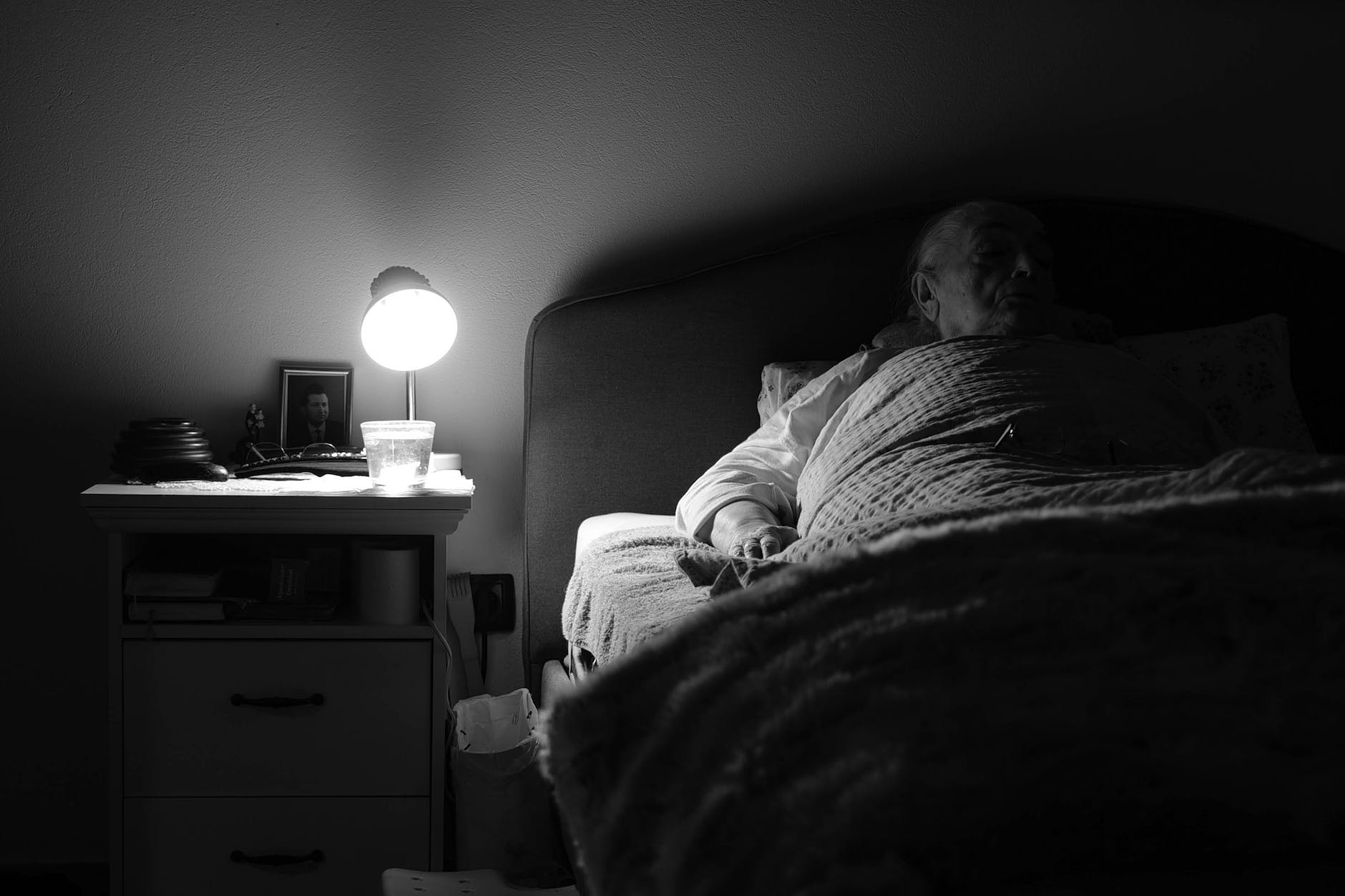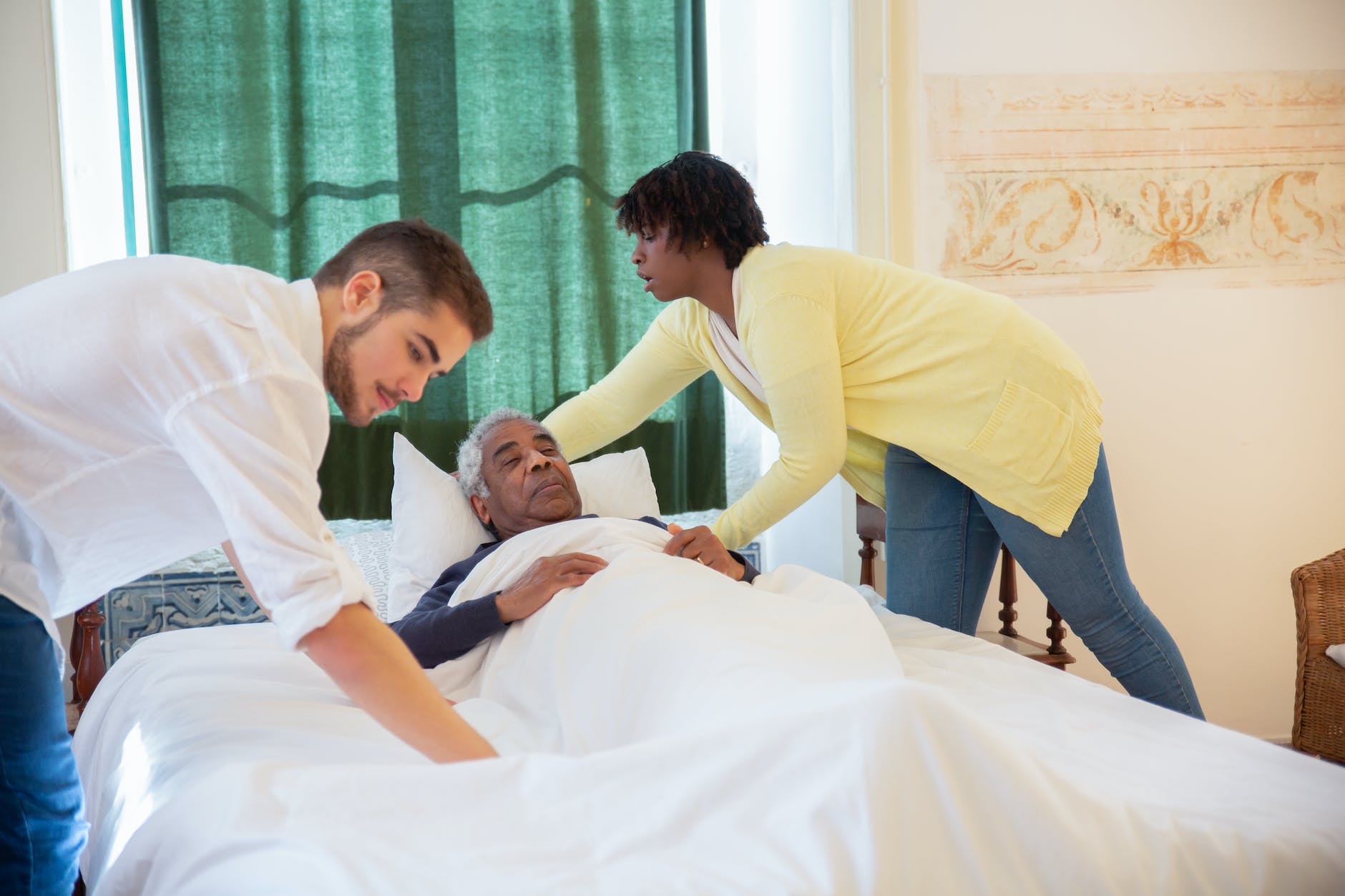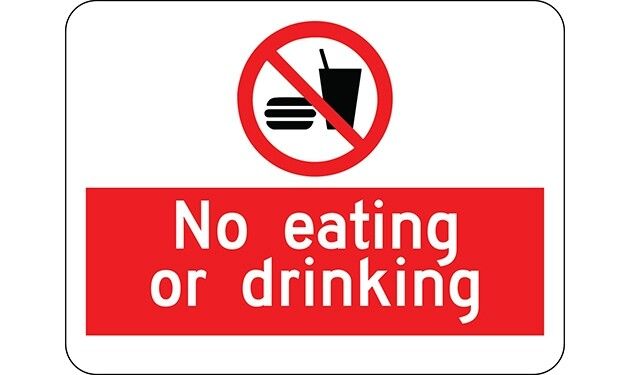Americans who are ill and facing unbearable suffering don’t have many legal options for hastening the end of life. Those who cannot move to states where laws allow medical aid in dying have even fewer options. There are some options to explore with Final Exit Network, and even options exist outside the United States. However, one legal option, available to everyone, that doesn’t get nearly enough attention is voluntarily stopping eating and drinking (VSED.)
Is VSED Legal?
Yes, VSED is legal for adults of sound mind living in any of the fifty states.
According to the Supreme Court decision in Cruzan v. Director, Missouri Department of Health, “a competent person would have a constitutionally protected right to refuse lifesaving hydration and nutrition.”
Those who choose this option include people dealing with a chronic or incurable disease. They want to end the pain they’ve been made to endure.
Others might be diagnosed with dementia. They are determined to die before it renders them incompetent to make such a decision.
Still, others might be elderly and ready to go after having lived long and full lives.
Whatever the reasons, this is a viable choice that some feel compelled to make.
Compassion & Choices, an advocacy group that supports medical aid in dying, reports: “The U.S. Supreme Court has affirmed the right of a mentally capable individual to refuse medical therapies, including food and fluids.”
What Happens When We Choose VSED?
Everyone is different, depending on their own unique set of emotional and physical circumstances. I recommend consulting a physician for guidance and round-the-clock care before making this choice.
The process of dying from VSED is similar to natural death.
The fasting symptoms, such as hunger pangs, usually stop after 1-2 days. At that point, the dying process follows a familiar pattern. This is true whether my client has stopped eating and drinking deliberately, or their body naturally stops digesting food at the end of life.
As death approaches, some people feel at peace. They experience relief from any sadness or anxiety. At the other end of the spectrum, some might be confused or agitated. A healthy support system ensures the space is as peaceful as possible.

VSED Symptoms
Dehydration can bring about feelings of euphoria. One common experience is a growing near-death awareness. Visions or visits from loved ones, many of whom have already died, usually bring a great deal of comfort.
Our bodies know how to shut down. But that doesn’t mean dying is always comfortable. A death doula along with a medical or hospice team provides appropriate medications and/or support to relieve discomfort.
My clients usually feel tired and sleep more often.
As death nears, a person’s breathing becomes shallow. Sometimes they might even stop breathing for a time. At this point, my clients usually cannot be roused. Pauses in breathing get longer until breathing stops altogether.
The amount of time this takes depends on factors such as age, temperament, ability to let go, illness and so much more.
Dying could take a few days or weeks with a terminally ill patient. If someone isn’t ill, for instance, a patient wishing to avoid the onset of dementia, death takes a little longer.
No Indication That VSED Patients Suffer
We are all different when it comes to pain tolerance. That’s why a doctor’s care is important. Supportive medical teams can help with any pain relief from the original illness and keep the patient comfortable.
There are three typical symptoms from VSED after the hunger pangs subside:
- thirst
- dry mouth
- dry, itchy skin
While these aren’t considered painful, they can be uncomfortable. Solutions to help alleviate these symptoms include:
- lip ointment
- mouthwash
- glycerin or sponge swabs
- coconut oil
- humidifier
- lotion
Drinking Liquids Is Not Recommended
Medical professionals counsel that voluntarily stopping eating and drinking is a relatively painless way to speed up the dying process. It takes much longer if patients continue drinking. Drinking and ONLY stopping the intake of food can be very uncomfortable.
For example, complete dehydration has an upside. It reduces fluid. This minimizes painful symptoms caused by conditions such as congestive heart failure or pulmonary edema. Dehydrated patients also don’t experience as much coughing, choking, or inability to breathe – side effects of many illnesses.
Drinking would mean these symptoms and side effects continue. This is why doctors argue against drinking while stopping food intake alone.
Support is Vital
My clients need 24-hour care during VSED, through hospice, or by a family doctor. The process should begin with the patient discussing end-of-life wishes with family and caregivers.
Usually, people add VSED plans to advance care paperwork so that everyone understands his/her/their wishes. Find out if your state requires signatures, witnesses, and/or notarization.
Some of my clients struggle with an illness or disease that is not terminal within the next six months. Yet they still choose to move forward with VSED. When that’s the case, medical teams might request a psychiatric evaluation. This ensures that the person isn’t suffering from depression or other undiagnosed conditions.
Remember, the law says this is a legal option for an adult of sound mind. A psychiatrist or therapist can rule out mental health issues that might impair someone’s right to make this informed choice.
Those who live in an assisted living facility must also make the administrators aware of this decision. Since round-the-clock care is required after VSED begins, everyone in charge must be supportive and knowledgeable.

Death Doulas Help with VSED
A death doula can also make this time meaningful in whatever way the client needs.
For example, whether you’re at home or in a facility, doulas can ensure the space is peaceful and comfortable. We play your favorite songs on our phones or read books out loud. Death doulas like me also coordinate meaningful visits with friends and family.
We want clients to feel supported but not overwhelmed. Doulas invite loved ones to read poetry or share personal stories. We also coordinate gentle massages if needed.
Ultimately, VSED – voluntarily stopping eating and drinking – is a legal option for those who need it. It is a difficult decision, but one that everyone should have the right to make.
If you’re making this decision and would like doula support, call me at Anitya Doula Services today.



Recent Comments